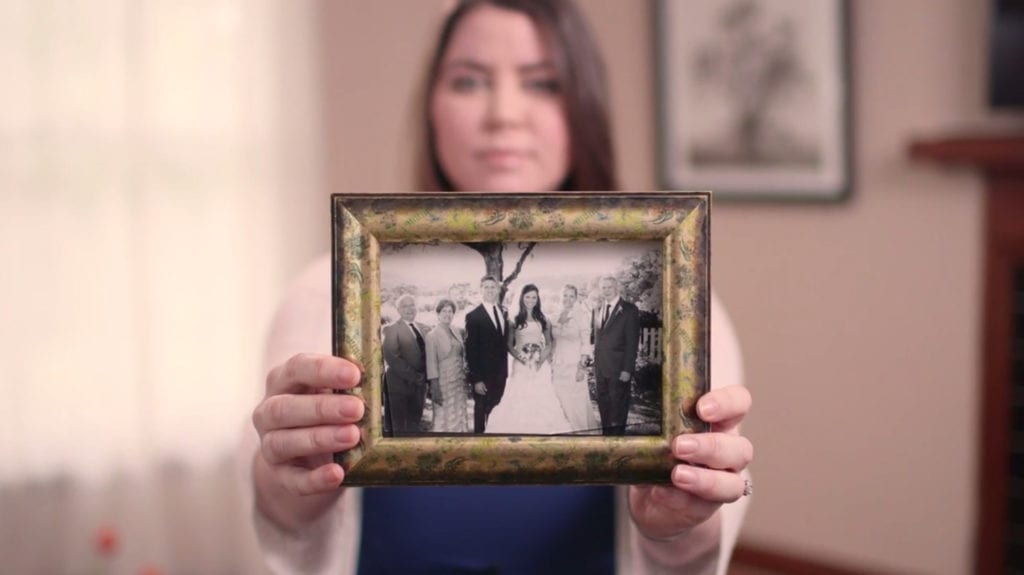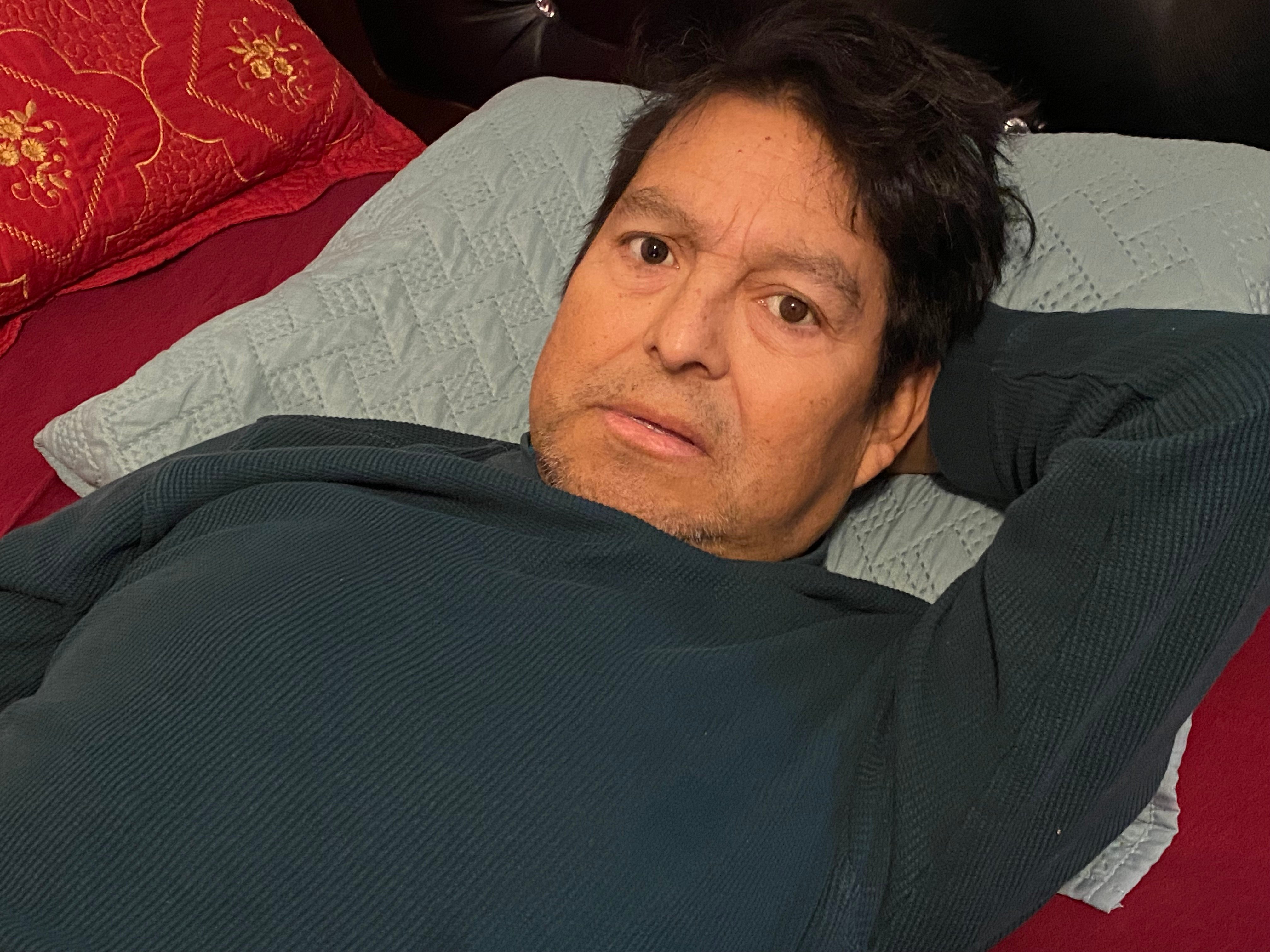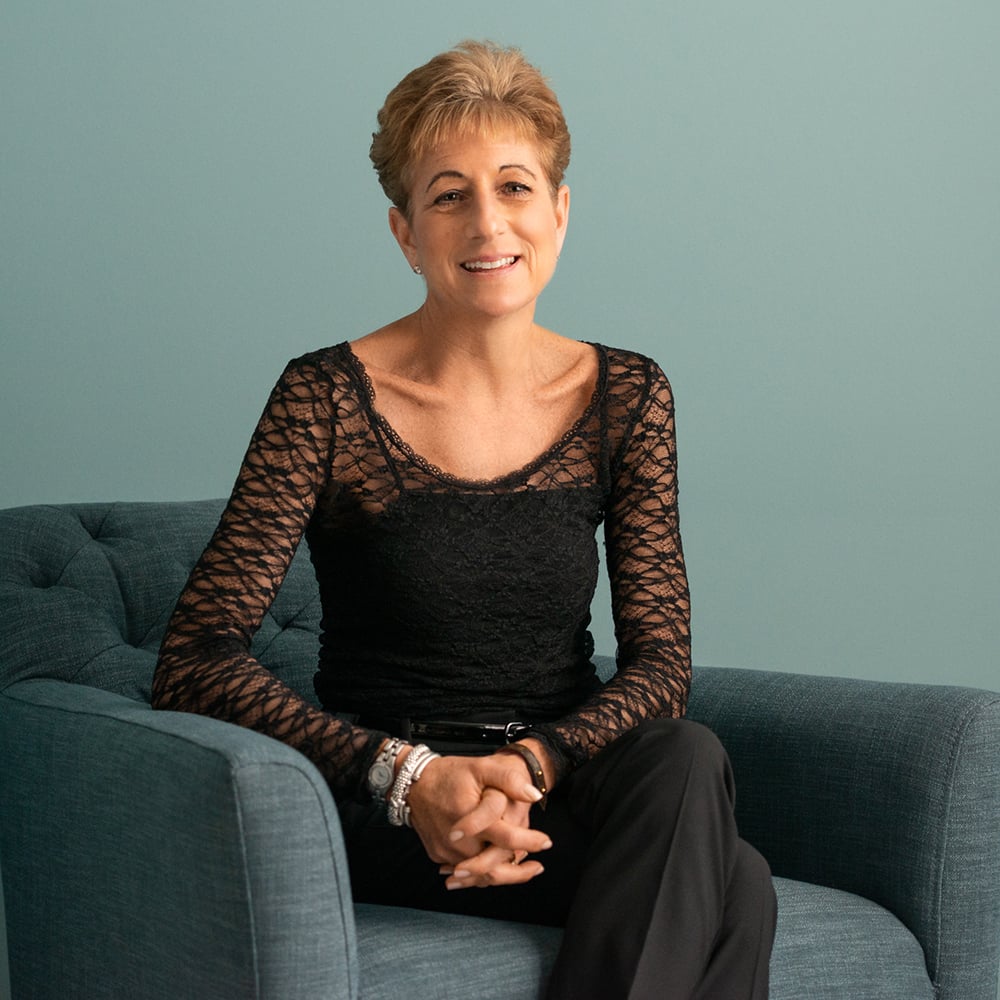Edward Pultz and Wendy Soderlund shared their story with Compassion & Choices (C&C) in April of 2022. The following conversation has been edited for length and clarity.
Compassion & Choices: How long have you lived in Missouri?
Wendy Soderlund: We’ve lived for almost 42 years in our house here in Farmington.
Edward Pultz: We’ve been married almost 49 years.
C&C: When did you learn you had dementia, Wendy?
Wendy: I’ve been aware for a long time. On December 26, 2016 (thanks, Amazon, for this detail), I purchased 100 Simple Things You Can Do to Prevent Alzheimer’s. Many suggestions I had already incorporated into my lifestyle. I added others to my daily routine. If there was a way to prevent Alzheimer’s, I would try it!
Edward: It’s clear Wendy’s had dementia for some time, but the idea of getting a doctor to confirm that was not important to her. About six years ago, Wendy retired after she noticed her memory issues were affecting her job. She was in charge of the educational component for the Head Start program in all of southeastern Missouri.
Wendy: Work got to be somewhat challenging from time to time. I started to notice that my ability to recognize things or people was deteriorating. For instance, I would meet with site managers monthly for training, and I would bring a packet of material to give to each of the 10 site managers. One time they were all sitting in a circle, and I couldn’t recognize who was who. So I said, “Why don’t each of you just come up here and get your packet?” I have good coping skills. That was when I knew that by the end of that year, I was retiring.
Edward: Last year, Wendy decided she needed to start making some decisions and thought it might be a good time to talk to a doctor. So we went, and that’s when she got her official diagnosis.
Wendy: It feels like something I’ve just known for a long time. My mother had dementia, and that’s how she died. Her father also had dementia, and his mother, my great-grandmother, had dementia. She became a different and very difficult person as a result. That’s scary to me. My mom was never like that, and I don’t think I would ever become like that, but it’s another reason to consider VSED.
C&C: What are some of the current challenges of living with dementia?
Wendy: I’m in a book club, and I have a strategy: I wait until the day or two before our book club meets, and I put post-it notes in lots of different places in the book. And right before we meet, I pick out some key things I can contribute based on my sticky notes. And it works!
Edward: I think the story about your math is kind of the next crucial thing. Eight years before Wendy retired, she started purchasing and fixing up houses to rent in Farmington. She moved and removed walls and added bathrooms. She got to know excellent subcontractors, as well as hired a woman who has developed excellent skills. She now has 24 rental houses.
Wendy: Historically I have been good on the computer and have made really good spreadsheets to keep track of finances. However, now I can’t hold two numbers in my head at the same time. Which, since I really like math — I used to go to math tournaments when I was in high school and have an M.B.A. — it’s driving me crazy.
Edward: It’s one thing to handle five houses or even 10 to 15 houses, but to handle 24 just compounds the issues. You would just get visibly frustrated because you couldn’t get the math on the spreadsheets to work. You knew it should. Luckily, our daughter’s also really good at math, and so she took over doing all the books.
C&C: What are some of the things you enjoy most that provide you with quality of life?
Wendy: The grandkids, of course. Our son and daughter are grown now. Both have young children and live within a mile of our house. They’re so much a part of our life. I have a master’s degree in child and family development, and a lot of experience working with children. At this point, I can respond appropriately to our grandchildren very well. They don’t mind me repeating myself because that’s something kids tend to do anyway.
Edward: Tell them about your poets! In the last few years, Wendy has started studying poets. She knows more about poets than anybody else I know.
Wendy: Since being retired, I found a poetry book from many years ago on our bookshelves. The poets in it include Robert Louis Stevenson, Edna St. Vincent Millay, Walt Whitman, Robert Frost and many others. I go on Wikipedia to learn more about their lives and the time in which they lived. It’s interesting and another way of looking at history, and the way their lives intersect with one another. I also like reading poetry to myself in the morning out loud.
I have one, “Invictus” by William Ernest Henley, which is about responding to hardship, and it ends with these two lines:
I am the master of my fate;
I am the captain of my soul!
When I wake up in the morning, I like to recite these lines, if I can remember. It’s true. With the VSED option, I feel that I can be the master of my fate, the captain of my soul.
Edward: The other thing Wendy’s done is you’ve become quite the ornithologist.
Wendy: This is something I’ve only done within the last six months. It’s relaxing — we have a screened-in porch. I can watch and listen to the birds. Plus I find the cats and squirrels entertaining. The one downside to it is that birders need to be able to remember the bird calls, which is not one of my strengths. It’s pretty funny that I’m trying to remember bird calls. That’s how I’m using the memory that I have left!
C&C: How did you learn about voluntarily stopping eating and drinking (VSED)?
Wendy: I’ve had questions about end-of-life options for people with dementia partially because of my mother’s dementia. In 2007 I wrote to Compassion & Choices “anticipating having Alzheimer’s.” The response and materials I received were my initial awareness of VSED. Edward and I recently watched the Compassion & Choices webinar on VSED, twice. We then read portions of Dr. Timothy Quill’s book [Voluntarily Stopping Eating and Drinking: A Compassionate, Widely-Available Option for Hastening Death]. We talked a lot about it, and based on Quill’s book, Edward suggested I make a video about my wishes. I tried, and it was a no-go. I couldn’t remember what to say. So one morning, I typed up a very detailed advance directive plan to implement VSED.
Edward: Wendy is one of the most committed people I’ve ever known when it comes to following through on what she wants to do. For a few mornings she tried not drinking any liquids. She said that she could sustain doing that.
Wendy: When my father died of cancer, I had the opportunity to be there, and I saw that when people die, they naturally stop eating and drinking. VSED is different, because it’s an intentional, conscious decision, but it’s not like it’s something very odd or unusual.
C&C: Can you share the details of what you outlined in your advance directive?
Wendy: It begins, “I’ve always eaten to live rather than lived to eat.” In the next section [reading a bulleted list]: “Give me two magnesium tablets before we start. Turn off water in the upstairs bathroom. Have flushable wipes, chapstick, and hand lotion available. Start VSED upstairs. I may want to feed the birds before going upstairs. In the early stages of VSED, I may want to attempt my morning yoga routine. I already mess up that routine a lot, but that’s okay. Later, when I’m still able but not interested in food or water, have me go downstairs. It may be time for a hospital bed. Play Girl Scout music from my computer. Go to YouTube and Play ‘Be Thou My Vision’ at 8:45 each evening.”
I grew up participating in Camp Fire Girls. We sang all the same songs that the Girl Scouts sang. Now when I take naps, I like to listen to those songs.
C&C: What sort of support do you have planned for the VSED process?
Wendy: We’ve met with our son and daughter and gone over my VSED plan in my advance directive. They are very supportive.
Edward: I’m relatively confident that they will be over here quite frequently during the process.
Wendy: Earlier this spring we traveled out to Tucson on an Amtrak train to meet two of my sisters. I had already told both of them about my dementia and my interest in voluntarily stopping eating and drinking. As soon as we arrived, my sister Cari said, “I’ll be there.” Both sisters were incredibly supportive and asked valuable questions.
We’re probably going to use hospice care, because they’ll have knowledge that we don’t have about how to keep me comfortable. Of course it is difficult to say what the final stage will look like. Our plan is for me to remain at home with family members, including grandchildren, coming and going as they are comfortable.
C&C: At this point, what do you feel may be the line in the sand for deciding it is time to start the VSED process? How do you think you’ll know that it’s time?
Wendy: That’s the hardest thing. I have to be able to make the decision. Alzheimer’s causes people’s brains to atrophy, and some days, I physically feel my brain shrinking. It’s just pressure; it doesn’t hurt. But looking at the effects of brain loss is very scary to me. I worry that I won’t still be the person that I am now. One way to determine when it is time for my life to end would be if I display inappropriate or scary behavior. I don’t want my grandchildren to remember me like that. With Edward’s help, that is when I will know it’s time for my life to end.






